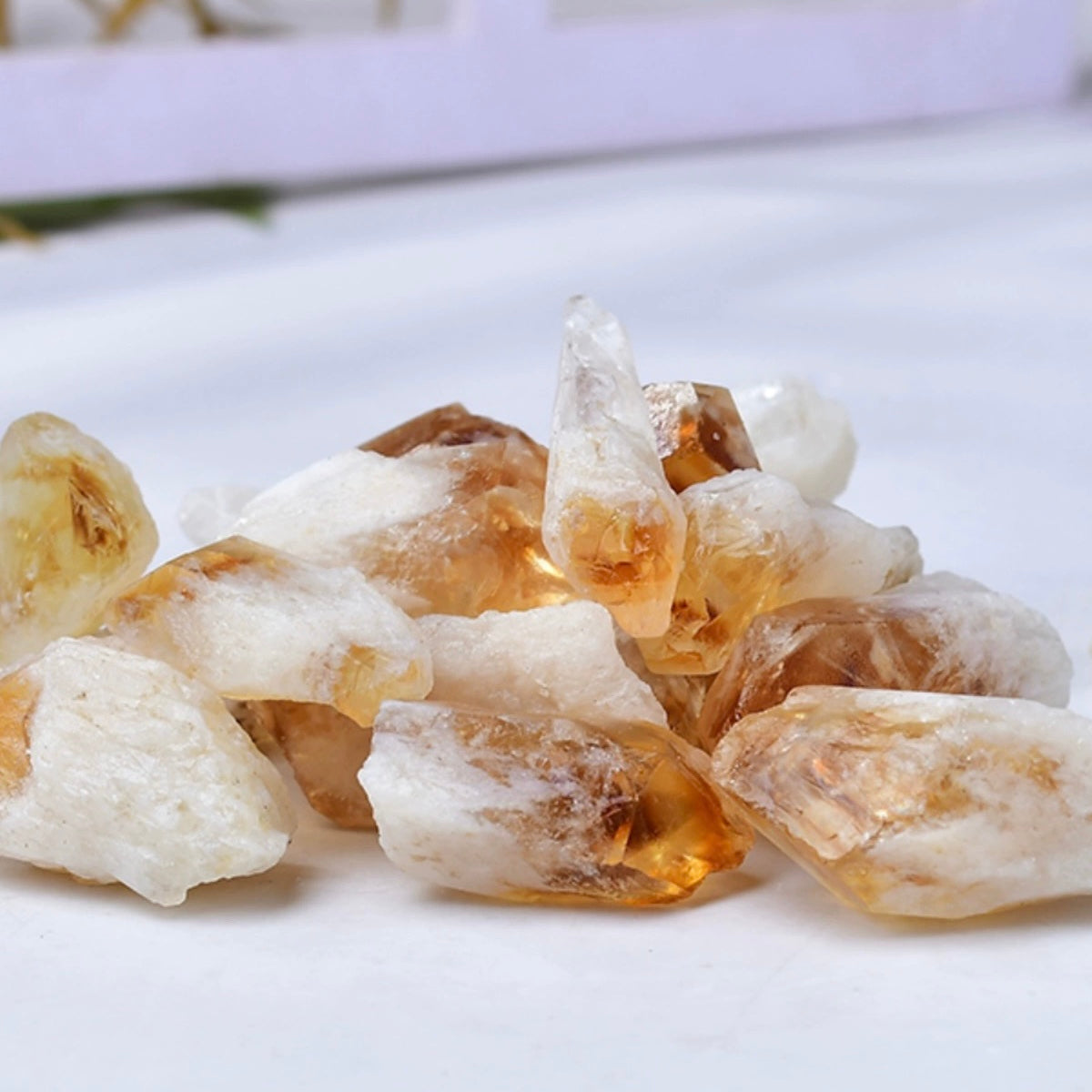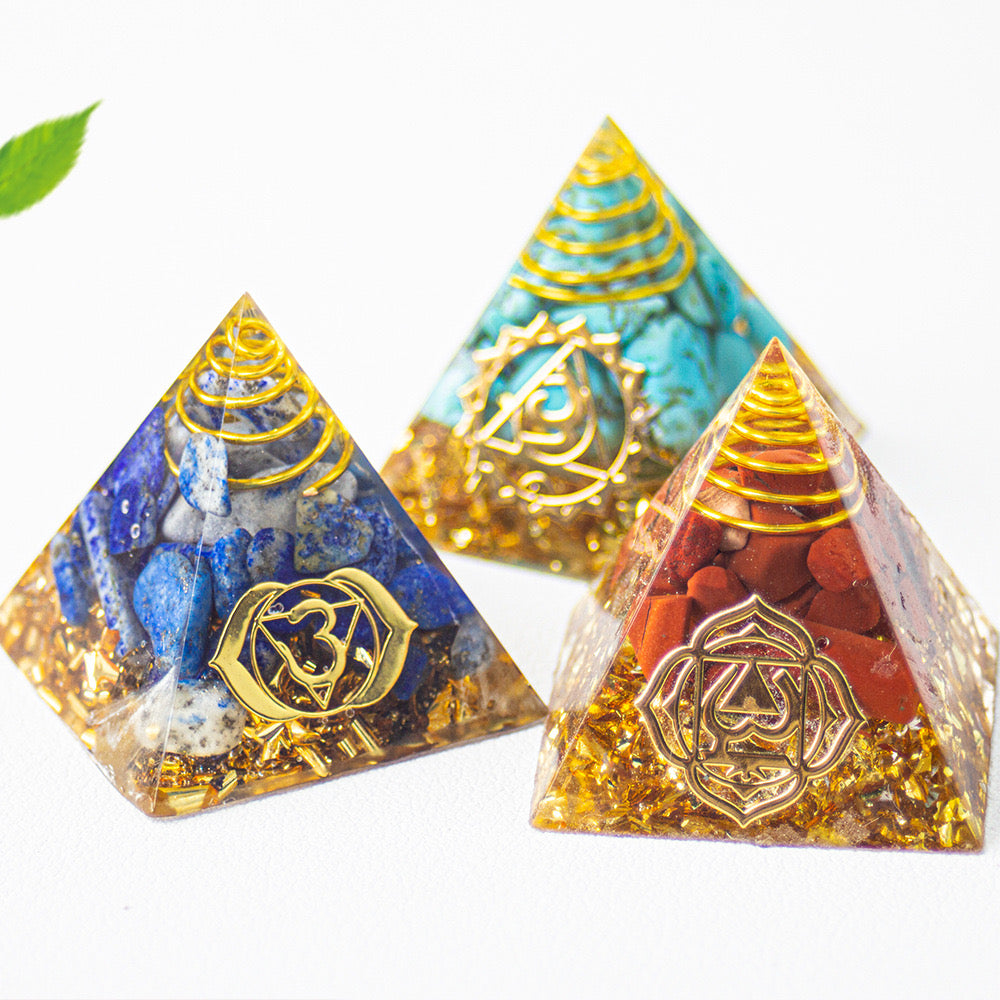Introduction
Depression is one of the most common mental health disorders worldwide, affecting millions of people each year. It can manifest as persistent sadness, loss of interest in daily activities, fatigue, and difficulty concentrating. One of the most critical yet often overlooked factors in managing depression is sleep quality.
Research has shown that poor sleep can worsen symptoms of depression, while consistent, restorative sleep can help regulate emotions, improve cognitive function, and increase overall well-being. In this article, we’ll explore how sleep affects depression and share five powerful ways to enhance your sleep for better mental health.
How Sleep Affects Depression
Sleep and depression are closely linked, creating a cycle that can be difficult to break. People with depression often experience insomnia, restless sleep, or excessive daytime fatigue, making it even harder to manage their emotions.
-
Lack of sleep disrupts neurotransmitters like serotonin and dopamine, which are essential for mood regulation.
-
Poor sleep increases stress hormones, such as cortisol, which can heighten feelings of anxiety and sadness.
-
A disrupted sleep cycle affects cognitive function, making it harder to focus, remember things, and stay motivated.
On the other hand, good sleep improves emotional resilience, helps balance brain chemistry, and makes it easier to handle daily challenges. Now, let’s dive into five proven ways to improve your sleep and combat depression.
-
Establish a Consistent Sleep Schedule
Your body thrives on routine. Going to bed and waking up at the same time every day (even on weekends) helps regulate your internal clock and improves sleep quality.
How to implement:
-
Set a fixed bedtime and wake-up time.
-
Avoid long naps during the day.
-
Expose yourself to natural light in the morning to reinforce your body’s sleep-wake cycle.
-
Use Healing Crystal Lamps for Relaxation and Sleep
Lighting plays a crucial role in regulating melatonin, the hormone responsible for sleep. Bright artificial lights—especially blue light from screens—can disrupt melatonin production, making it harder to fall asleep. Instead, using warm, soothing lighting can help signal to your body that it’s time to rest.
💡 A great solution? A natural crystal lamp from Beskit Healing Crystals.
Why choose a crystal lamp?
-
Soft, warm light promotes relaxation and creates a calming bedroom environment.
-
Different crystals, like amethyst and rose quartz, emit energies that help relieve stress and anxiety.
-
Selenite lamps cleanse negative energy, creating a peaceful space for deep rest.
By placing a Beskit crystal lamp on your nightstand, you can enhance relaxation, improve sleep hygiene, and add a touch of natural beauty to your room.
-
Create a Pre-Sleep Wind-Down Routine
Your brain needs time to transition from wakefulness to sleep. Developing a relaxing pre-bedtime ritual can help you unwind and signal to your body that it's time for rest.
Effective wind-down activities:
-
Reading a physical book instead of scrolling on your phone.
-
Practicing deep breathing or meditation for 10 minutes.
-
Taking a warm bath with essential oils like lavender or chamomile.
💡 Pro Tip: Holding an amethyst or lepidolite crystal while meditating before bed can further calm your mind and promote deep, restful sleep.
-
Avoid Stimulants and Heavy Meals Before Bed
What you consume before bedtime can significantly impact sleep quality.
Things to avoid:
-
Caffeine and nicotine (especially in the afternoon and evening).
-
Heavy or spicy meals that can cause indigestion.
-
Alcohol, which might make you feel sleepy initially but disrupts deep sleep cycles.
Instead, opt for sleep-friendly foods like chamomile tea, almonds, bananas, or a light protein snack.
-
Optimize Your Sleep Environment
Your bedroom should be a sanctuary for rest—free from distractions, clutter, and unnecessary stressors.
How to create a sleep-friendly space:
-
Keep your room cool, dark, and quiet (use blackout curtains or a sleep mask).
-
Remove electronic devices or set them to night mode to reduce blue light exposure.
-
Use a Beskit crystal lamp to create a tranquil, sleep-inducing atmosphere.
Crystals like selenite and moonstone can also be placed near your bed to balance energy and encourage peaceful sleep.
Why Choose Beskit Healing Crystals for Sleep & Well-Being?
If you’re looking for authentic, high-quality healing crystals, Beskit Healing Crystals is a name you can trust.
Mission: Beskit believes in the power of nature and is committed to sustainability.
Pure & Natural – Ethically sourced crystals with no artificial treatments.
Eco-Friendly & Recyclable – Supporting a cleaner planet with sustainable packaging and production.
Handcrafted with Care – Each crystal is carefully chosen and crafted to maximize its healing benefits.
A Legacy of Excellence – With 20 years of experience, Beskit has built a reputation for providing some of the finest crystals in the world.
Ready to transform your sleep and well-being? Discover healing crystal lamps, relaxation stones, and more at Beskit Healing Crystals.
Final Thoughts
Sleep is a powerful tool in fighting depression, and improving your sleep habits can have a profound impact on your mental and emotional well-being. By implementing these five strategies—establishing a sleep schedule, using healing crystal lamps, developing a wind-down routine, avoiding stimulants, and optimizing your bedroom environment—you can create a restful sanctuary that supports better sleep and a brighter mood.
✨ Take the first step toward better sleep today—explore the natural, healing energy of Beskit Healing Crystals and let the power of nature guide you to deeper rest and emotional balance.



